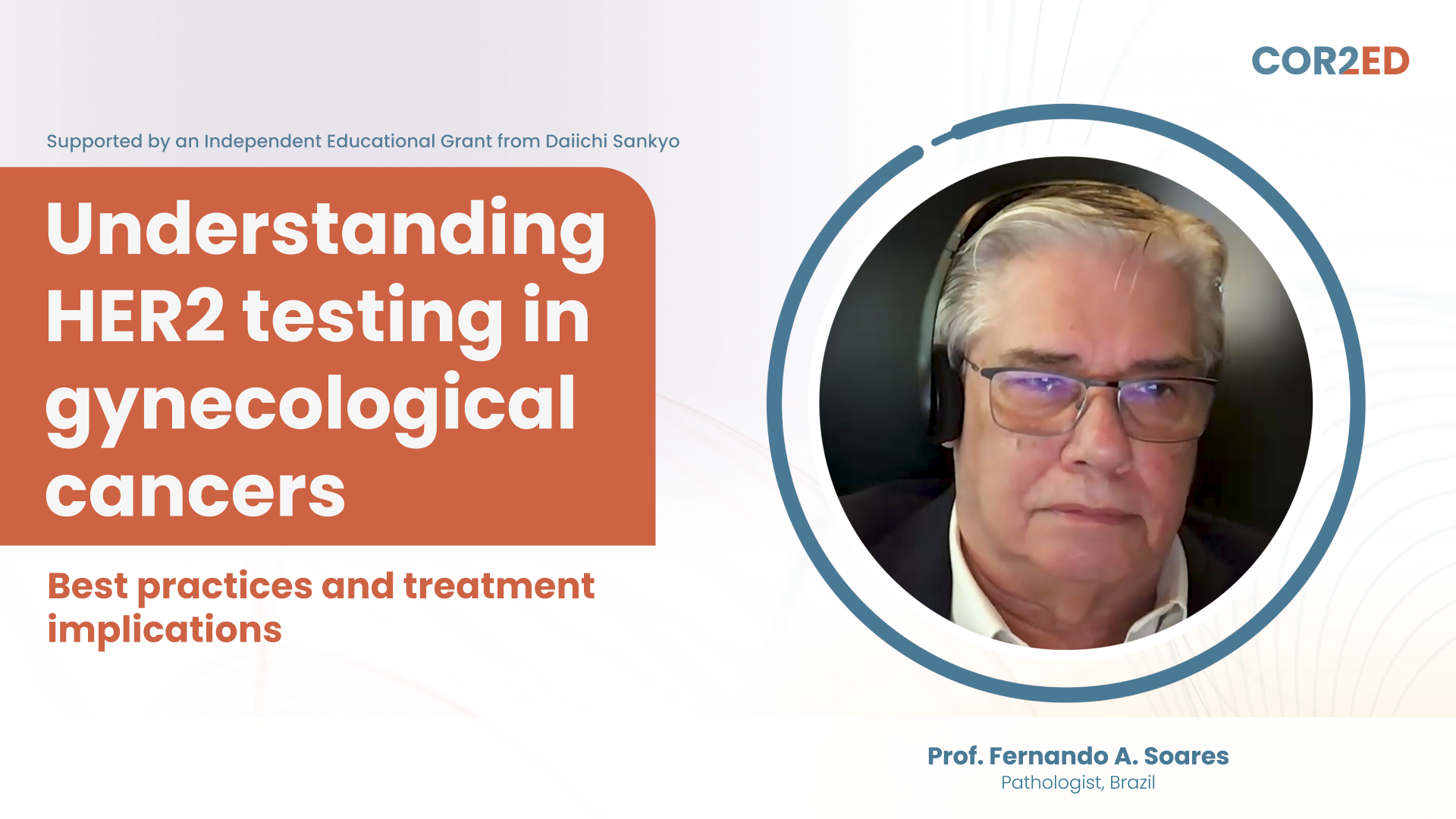We are pleased to announce that the findings from our recent survey into hepatocellular carcinoma (HCC) management in Asia have been published in the Journal of Gastrointestinal Cancer in a paper titled:
A group of international and multidisciplinary clinical experts and Patient Advocacy Group representatives conducted a comprehensive survey to investigate screening, diagnosis, therapeutic strategies, and patient journeys of hepatocellular carcinoma (HCC) across the Asia Pacific region.
As liver cancer remains the leading cause of cancer deaths in several Asian countries, this study provides critical insights into the national approaches to HCC management, highlighting potential areas for improvement and priorities for shaping national policies.
The survey examines the perspectives of both healthcare professionals (HCPs) and patients, and the findings underscore the need for enhanced awareness, early detection, and patient-centred care strategies. This landmark survey aims to offer a holistic understanding of HCC management and identify opportunities to improve outcomes for liver cancer patients across Asia.
Read the open-access article: Hepatocellular Carcinoma in Asia: Physician and Patient Perspectives on Surveillance, Diagnosis, and Treatment and download the accompanying slides (accessed via the Downloads tab or by tapping the red arrow at the top of the page from a mobile).
The HCC in Asia survey findings were also presented at a poster session at ILCA 2023.
See the poster here >> Surveillance and Diagnosis of HCC in Asia
Clinical Takeaways
- Increase Awareness: The awareness of risk factors related to HCC should be increased among both primary care providers and the general Asian population.
- Enhance Surveillance and Diagnosis: Surveillance programs and diagnostic tools should be improved to identify HCC at an early stage, thereby increasing the chances of curative treatment.
- Strengthen Patient Support: Healthcare practitioners should monitor and manage treatment side effects, maintain strong communication with patients, and deploy trained nurses or case managers in the healthcare team to enhance patient education and support throughout the HCC patient journey.
- Improve Treatment Access: There is a need to improve patient access to HCC treatment options known to extend survival rates, such as atezolizumab + bevacizumab.
Scientific Committee
- Rosmawati Mohamed - University of Malaya, Kuala Lumpur, Malaysia
- Wendy Wang - Liver Disease Prevention and Treatment Research Foundation, Taipei, Taiwan
- Tawesak Tanwandee - Department of Medicine, Faculty of Medicine Siriraj Hospital, Mahidol University, Bangkok, Thailand
- Irsan Hasan - Faculty of Medicine, University Indonesia/Ciptomangunkusumo Hospital, Jakarta, Indonesia
- Cam Phuong Pham - Nuclear Medicine and Oncology Center, Bach Mai Hospital, Department of Nuclear Medicine, HaNoi Medical University, Hanoi, Vietnam
- Young‐Suk Lim - Department of Internal Medicine and Department of Gastroenterology, Asan Medical Centre, University of Ulsan College of Medicine, Seoul, Republic of Korea
- Sheng‐Nan Lu - Division of Hepatogastroenterology, Department of Internal Medicine, Kaohsiung Chang Gung Memorial Hospital, Kaohsiung, Taiwan
- Murallitharan Munisamy - National Cancer Society of Malaysia, Sunway University, Kuala Lumpur, Malaysia
- Thi Thanh Huong Tran - National Cancer Institute, Hanoi Medical University, Hanoi, Vietnam
- Evy Ratnawati - Indonesian Cancer Information and Support Center (CISC), Jakarta, Indonesia
- Wattana Sukeepaisarnjaroen - Faculty of Medicine and Department of Medicine, Gastrointestinal Unit, Srinagarind Hospital, Khon Kaen University, Khon Kaen, Thailand
- Mahir Karababa - Medical Affairs, COR2ED, Basel, Switzerland
- Chee‐Kiat Tan - Department of Gastroenterology and Hepatology, Singapore General Hospital, Singapore


 Downloadable
Downloadable  20 MIN
20 MIN
 Feb 2026
Feb 2026 






